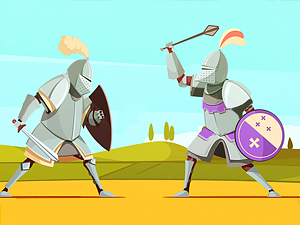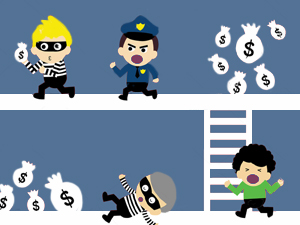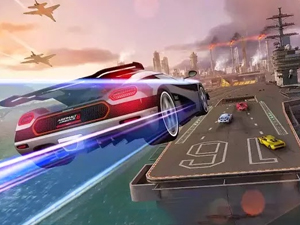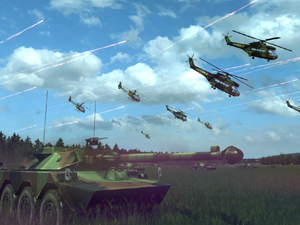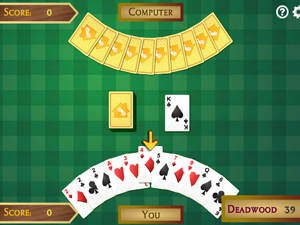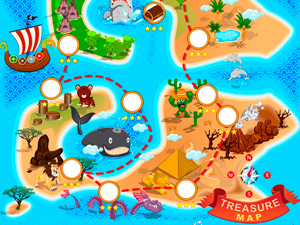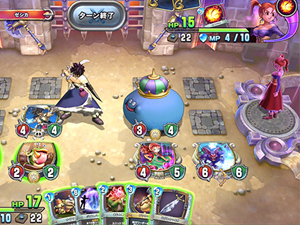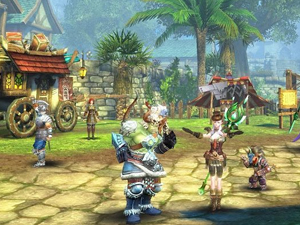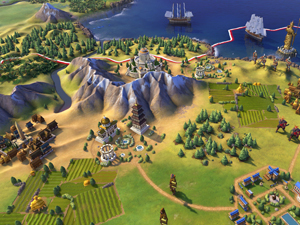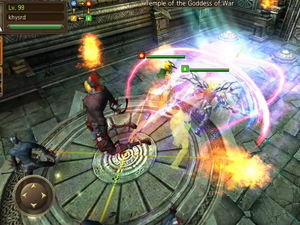Computer games appeared in the middle of the last century. They weren't as exciting as modern games. There were very few of them and they differed significantly from each other. Later, in the 80s and 90s, more diverse games began to appear, which rapidly gained popularity among gamers. During this period, the concept of genre arose for a more convenient classification for users and developers. After the release of any popular game, there were a lot of analogues in which developers made their additions, but they used the same game mechanics. As a result of this evolution, whole categories of similar games arose around popular projects, which later formed genres.
So what is a game genre?
Game genre is a collection of games united by common characteristics of the game process (gameplay). Usually, the main criterion in its description is the action performed by the player, in contrast to the genre, for example, a literary work. In games, this concept is usually called a setting.
Game genres, surprisingly, cannot be categorized very clearly, because the same game can easily belong to different genres at the same time. However, this classification is very useful, because usually players prefer a certain type of games and, when a specific genre is announced by the developer, they can easily determine whether the game will be interesting to them or not.
Let's look at the most clearly separated genres in order of popularity among gamers (according to Playliner statistics for April 2018).
Action games
One of the most popular ones are action games. This genre has its own subgenres such as platform games, fighting games and, of course, shooter games that remain popular since 90-th. Also, this genre includes arcade, horror/stealth, sport, simulation and racing games.




